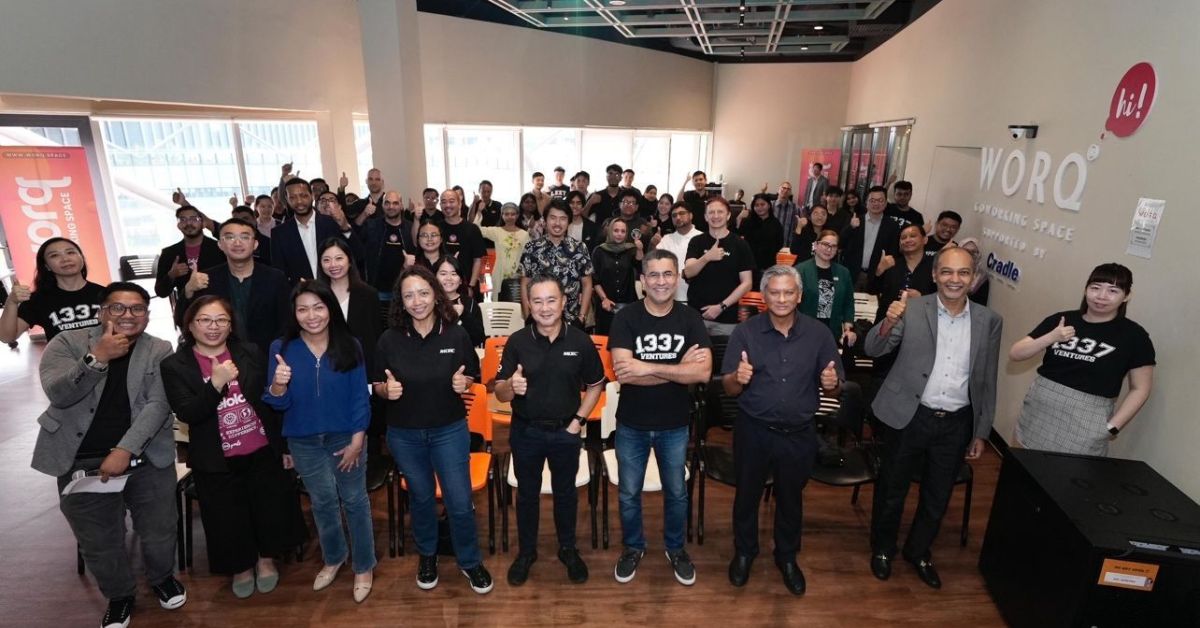There’s no doubt that tourism is a major industry in Malaysia. In 2017, we were ranked 25th out of 141 countries on the Travel and Tourism Competitiveness Report.
However, in 2021, our position had fallen to 38.
So, how can Malaysia’s tourism industry be kept competitive and profitable?
One word that comes to mind is innovation.
Earlier this year, 1337 Ventures and MDEC launched the inaugural Digital Tourism Innovation Lab with the goal of boosting tourism tech solutions in the country.
Fast forward three months and the first cohort of the lab was ready to present their pitches at the final demo day on March 15.
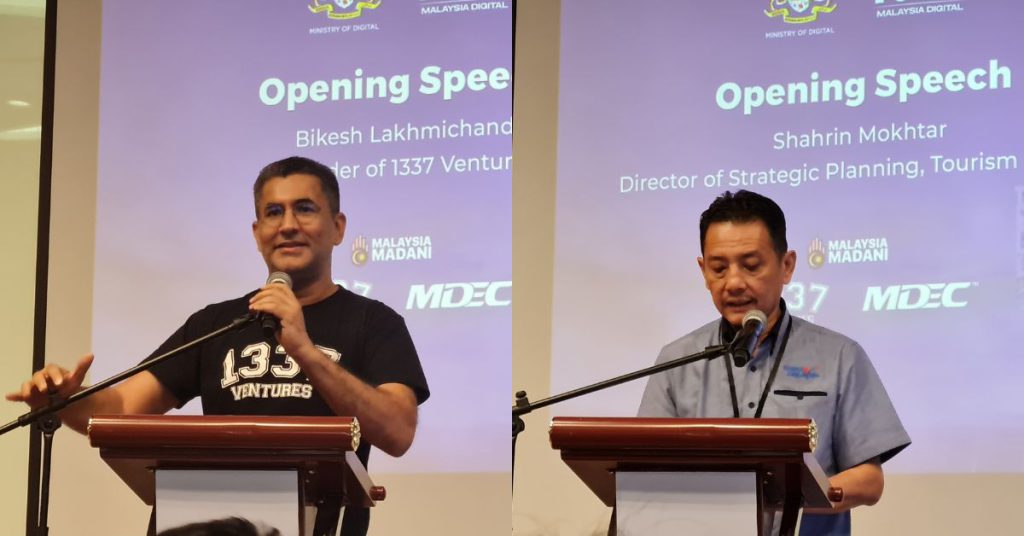
Present that day were 1337 Ventures, MDEC, various angel and venture investors, as well as Tourism Malaysia.
Here’s who the nine startups were, and what they’re bringing to the table to innovate our country’s tourism.
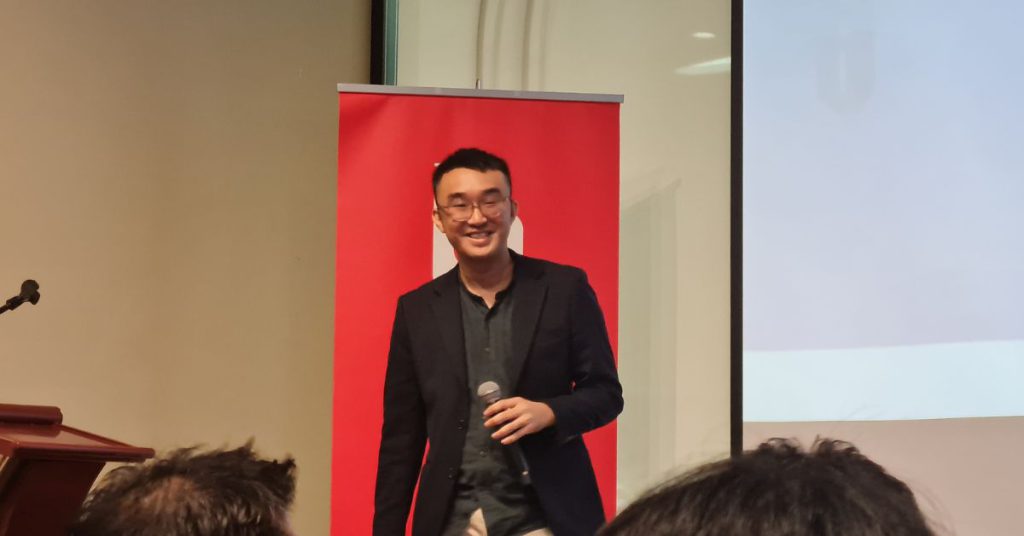
India has Zomato, the US has Yelp, and China has Dianping.
Now, CariMakan wants to be the go-to foodie app for people to find the best foodie spots in Malaysia.
Starting as a foodie publisher in 2020, it now also addresses the pain point consumers face when dining out—there are too many membership apps and programmes. CariMakan seeks to solve this by combining restaurant memberships and loyalty programmes on its own platform.
During the pitch session, CariMakan shared that their monetisation model involves marketing services for F&B businesses, which also incentivises users with discounts and promotions. They also have VIP options for users to get more vouchers.
We previously wrote about another business with a similar concept by the name of MyComments, which focused more on allowing users to review businesses.
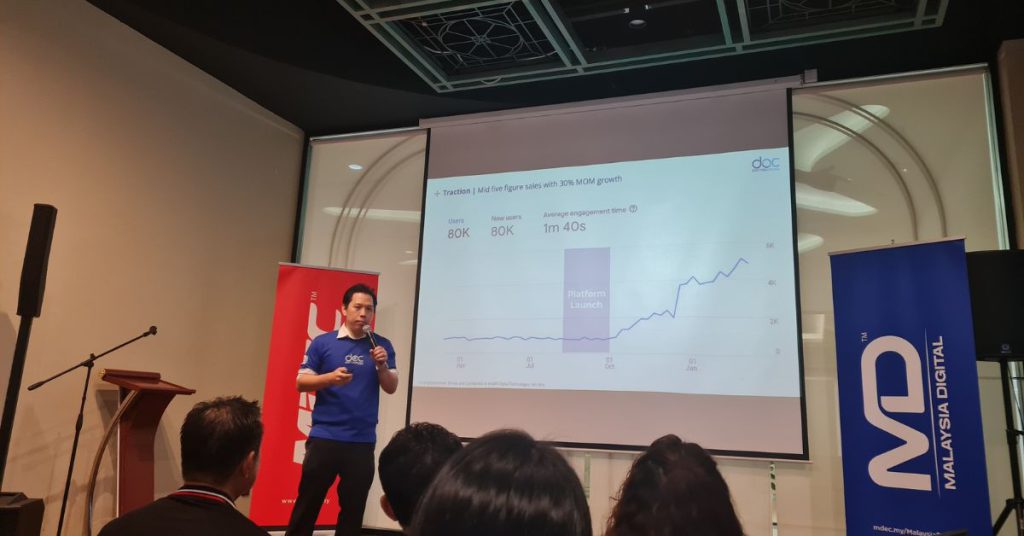
Tapping into Malaysia’s medical tourism potential is Doctor On Call.
As the term suggests, medical tourism refers to people traveling abroad to obtain medical treatment. And it turns out, Malaysia is actually one of the top destinations for medical tourism because of our value-for-money services.
Established in 2016, Doctor On Call started as a telehealth provider, but has grown to do more than that.
Now, it serves more like an ecommerce platform selling various medical packages, be they health screenings, special consultations, vaccinations, or other services. Basically, it’s like Shopee for medical solutions.
Through their established platform, Doctor On Call aims to be a go-to solution for tourists who plan on visiting Malaysia for their medical needs.
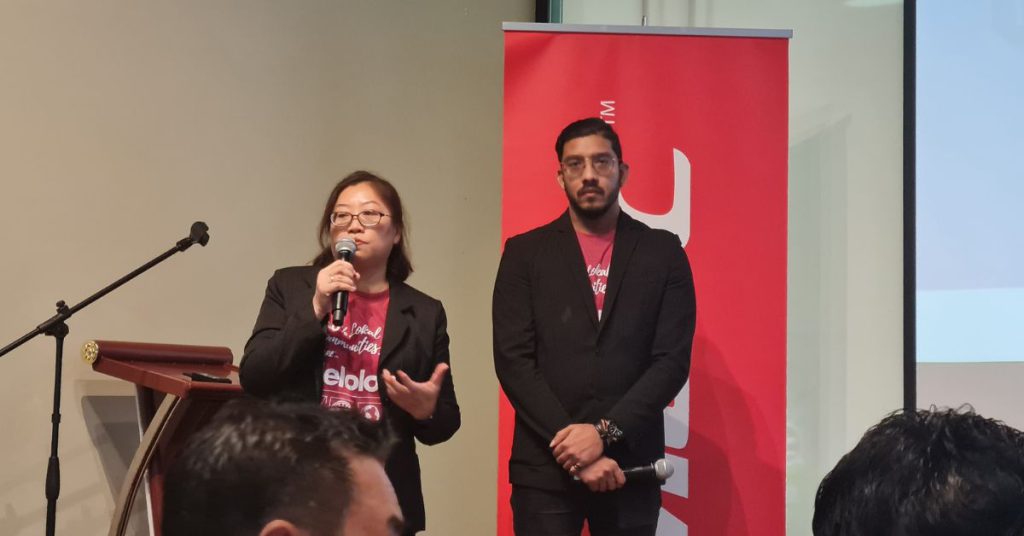
Connecting travellers with local hosts, Helolokal applies a personalised and peer-to-peer approach to offer experiential tours.
One of the founders behind the startup is Angie Chin, who previously founded establishments such as Hanawomen Hub, an all-women community and workspace in Malaysia.
Through Helolokal, Angie aims to empower locals with job creation and gigs to earn and support industry partners by allowing them to promote their activities and events on the platform.
It also allows tourists to connect with hosts or guides native to a specific area that aren’t typically accessible online, which provides a more authentic experience.
The team’s objective is to disrupt over-commercialised tourism with personalised, community-focused traveling that focuses on sustainability.
Virtually ringing in from South Korea, Filmplace introduced its platform that bridges the gap between content creators and brands.
Specifically, it enables businesses to overcome linguistic and legal barriers with ease, allowing clients to secure film locations, hire top talent, and access global content for their product placement projects.
This means it can help unlock a form of entertainment tourism in Malaysia.
It’s already worked with notable brands, including popular Korean variety show Running Man.
Although not directly related with tourism, the focus on product placement projects appears to be something Filmplace is honing in on.
The founder, Lincoln Lin, explained that they’re working on AI solutions that can edit in sponsored products into any scene during the post-production period.
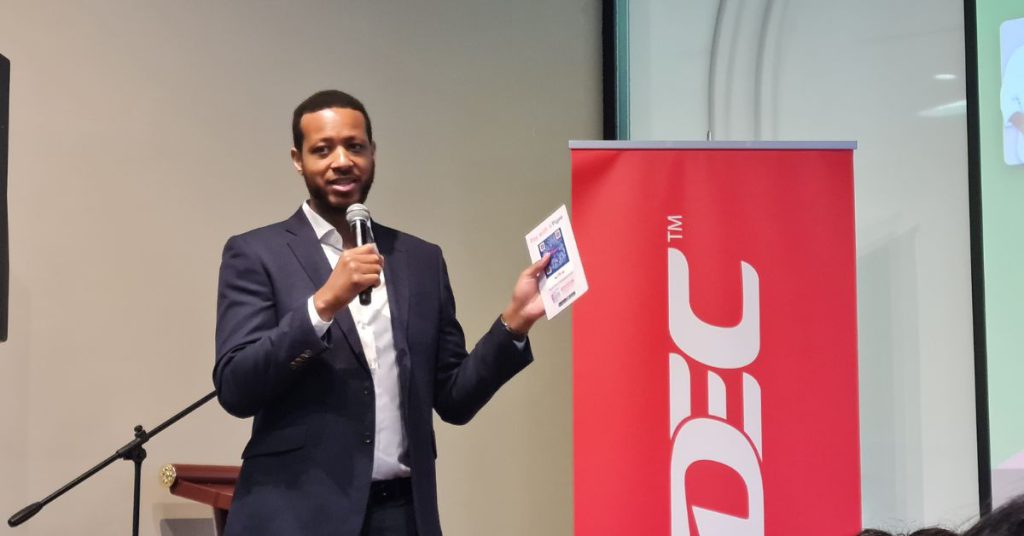
Coming all the way from the UK was Leeroy Lawrence, the founder of Pigee.
To explain Pigee, it’d be better to start with a thought experiment. If you were travelling abroad and found a beautiful product that was too big and bulky to bring home, what would you do?
Either you waste your trip arranging for a shipment with a courier service, or you just give up on the item.
But Pigee wants to offer an easier solution and a win-win result for both the buyer and the seller.
Essentially, Pigee lets users send their travel shopping home from any connected shop in the world. It bridges shoppers with courier services, so all buyers would need to do is scan a participating merchant’s QR code and make their payment.
To reach local businesses, Pigee has created the Pigee Academy, which offers people in tourist regions career opportunities whereby they can profit by onboarding merchants.
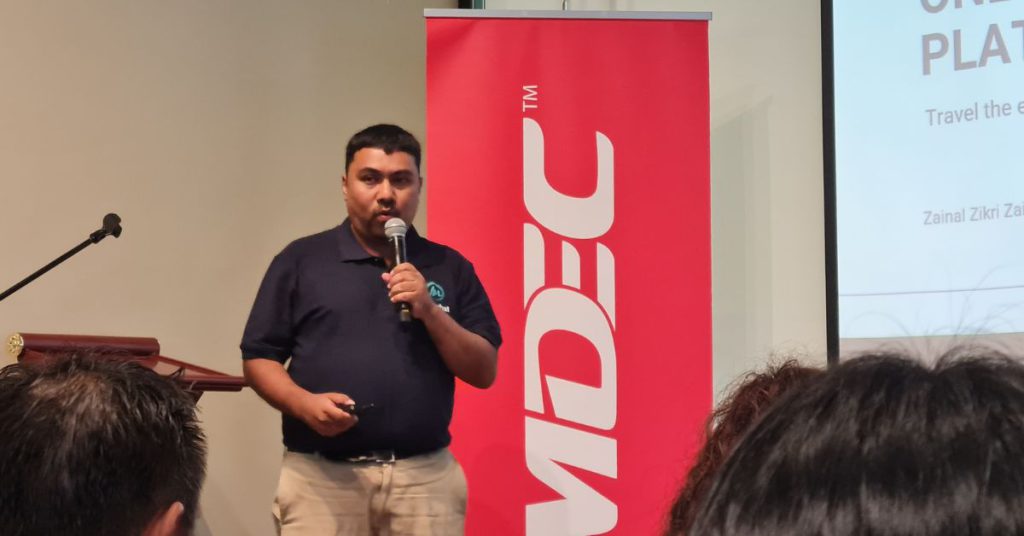
Seeking to be an Airbnb competitor, MyRehat lets users book accommodation, rentals, and activities in Malaysia. We previously came across this business at Startup Week Malaysia.
The startup’s founder Zainal Zikri Zainal Abidin has had five years of experience hosting on Airbnb, accruing a 4.7-star rating from over 1,000 reviews.
Besides places to stay, MyRehat promotes places to go and things to do, complementing travellers’ needs and demands. Its platform also lists activities such as walking tours, food tours, hikes, and more.
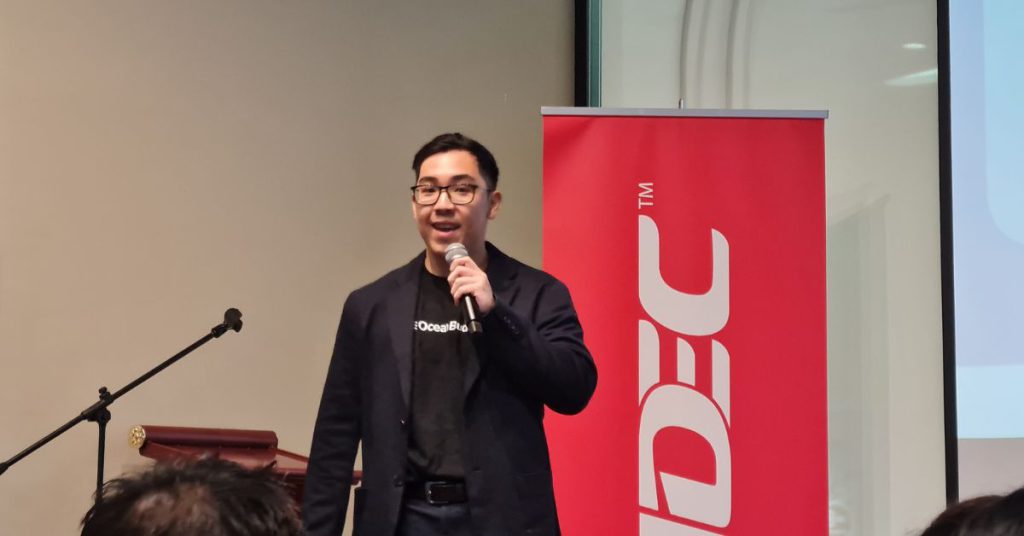
I don’t know about you, but I’ve noticed a spike in aquatic hobbies nowadays. Specifically, I’ve seen increased interest in snorkelling and scuba diving.
Catering to this demand is Oceanbuddy, a startup founded by diving enthusiasts Shaun and Solo.
Believing that the scuba diving industry has been slow to embrace technology, Oceanbuddy fills the gap by arranging dive trips with detailed itineraries by dive professionals covering stay, meals, transportation.
On their site, you can also vet the diving instructor’s profile, complete with certification, photos, reviews, and a biography.
The startup has ambitions of being an all-in-one platform that can also support users who want to get the necessary certifications.
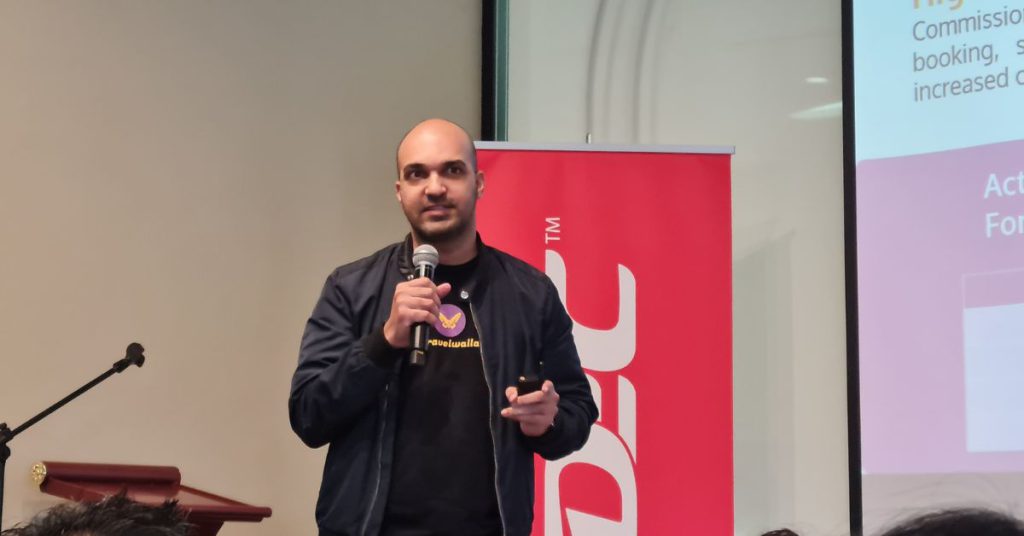
Claiming to be Malaysia’s first fully integrated online travel agency (OTA), Travelwalla aims to disrupt the travel agency industry.
It does this by reducing foreign OTA charges with its white-labelled booking engine which can be used to assist smaller hotels.
Basically, it’s like Agoda or Booking.com, except Travelwalla is a wholly homegrown solution that is working towards strengthening the local tourism industry.
A subscription-based platform, Travelwalla claims that hotels in Malaysia can save up to 90% on commission paid out to international OTAs.
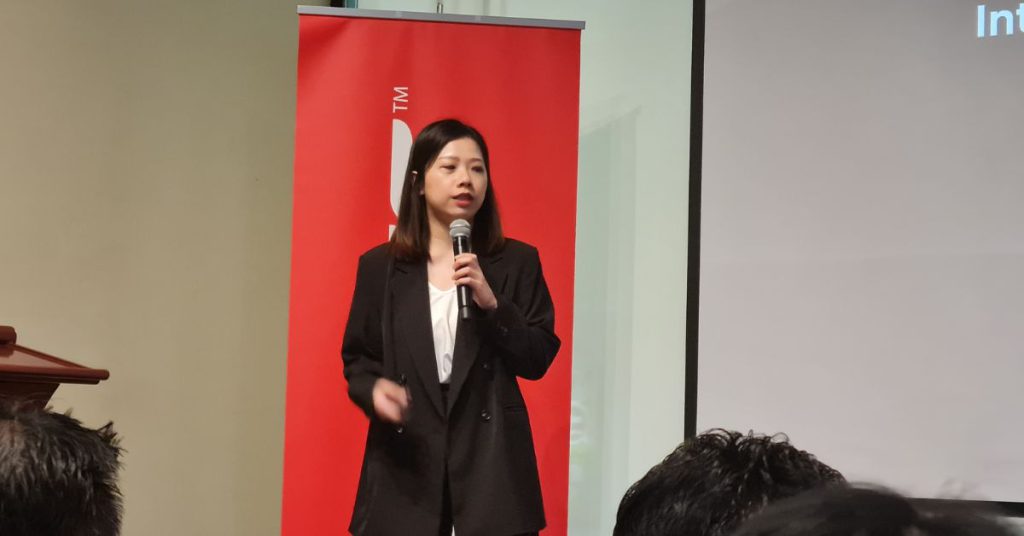
Bringing the metaverse one step closer to businesses, Colorverse is a marketing company that leverages Web3 solutions.
Essentially, it offers a comprehensive suite of Web3-powered marketing solutions on the blockchain—like building a dedicated metaverse, for one.
How does this relate to our tourism industry?
For one, the team believes that many players in the industry still use traditional media, and aren’t able to tap into newer markets such as digital nomads and younger travellers.
The ambition here is to create a metaverse tourism hub that gathers various brands. In this virtual hub, users from all over the world can engage with one another. There’ll also be play-to-earn features where users can win rewards such as vouchers.
Gearing up for Visit Malaysia 2026
Among the nine startups, each had different approaches to improving the Malaysian tourism economy.
Although promising, will it be enough to attract and cater to 35.6 million of international tourists come 2026?
If you haven’t heard, Tourism Malaysia has been working hard to prepare for Visit Malaysia Year 2026, where the goal is to attract 35.6 million international tourists, which is more than our current population.
This explains the existence of the Digital Tourism Innovation Lab.
If you’re an entrepreneur in the tourism tech sector, MDEC and 1337 Ventures are already welcoming applications for the next cohort of their Digital Tourism Innovation Lab.
- Learn more about the Digital Tourism Innovation Lab here.
- Read other articles we’ve written about Malaysian startups here.
Featured Image Credit: MDEC

